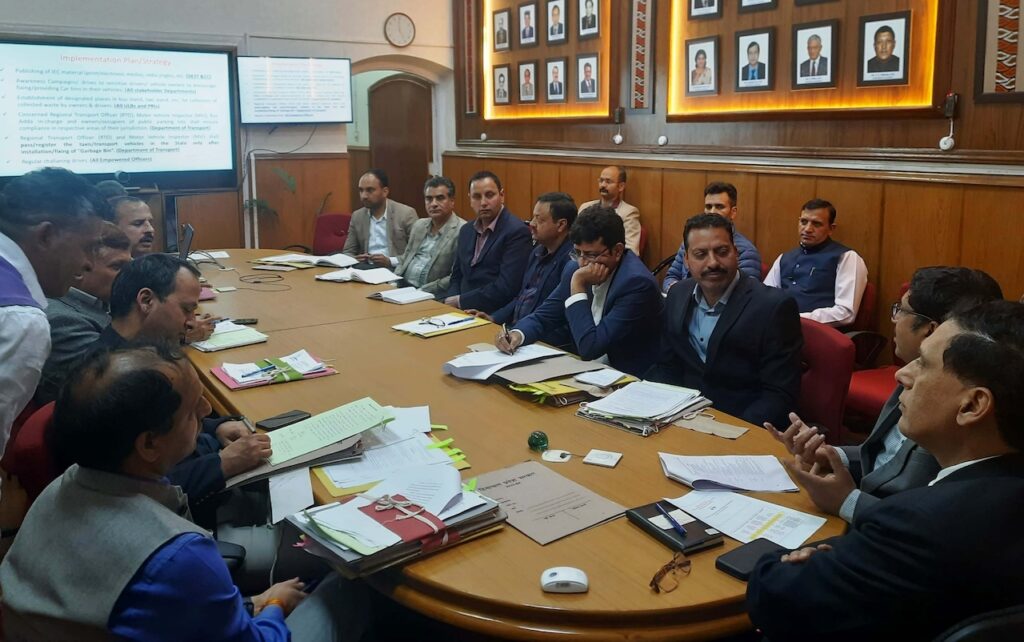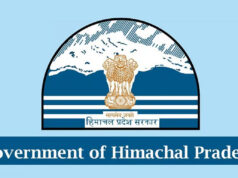Fines up to ₹25,000 for violations; Plastic food containers in vehicles also banned
Shimla – In a significant step towards reducing plastic pollution, the Himachal Pradesh government will ban the use of 500 ml plastic water bottles made of Polyethylene Terephthalate (PET) across all government functions and hotels starting June 1, 2025. Chief Secretary Prabodh Saxena announced the decision during a high-level meeting on environmental regulations in Shimla.
Under the new order, all government departments, boards, corporations, and affiliated bodies must avoid PET bottles during internal meetings, events, and conferences. The ban will also apply to private and Himachal Pradesh Tourism Development Corporation (HPTDC) hotels. The government has recommended eco-friendly alternatives to glass bottles, stainless steel containers, water dispensers, and kiosks.
The move has been enacted under Section 3-C (1) of the Himachal Pradesh Non-Biodegradable Garbage (Control) Act, 1995 and its 2023 amendment. Violators will face penalties ranging from ₹500 to ₹25,000.
In another crucial decision to curb littering from moving vehicles, the government has made it mandatory to install dustbins in all public and private transport vehicles, including taxis and tourist cabs. This measure is in response to increasing instances of garbage being thrown from vehicles, polluting roadsides and clogging drainage systems.
Disposing waste into public drains or sewers now constitutes a punishable offense under both the Environment (Protection) Act, 1986 and the state garbage control law. Offenders can face fines of up to ₹1,500 for littering or serving food in plastic containers in vehicles, while transport operators without dustbins may be fined ₹10,000.
The Chief Secretary has directed departments, including Environment, Urban Development, Tourism, Education, and the Himachal Pradesh State Pollution Control Board, to launch intensive awareness campaigns. He also emphasised the need to enhance the state’s plastic recycling infrastructure.
Authorities have been instructed to ensure proper waste collection mechanisms at bus stands and public parking areas, while tourists and residents alike will be educated about the environmental and legal consequences of violating these regulations.







